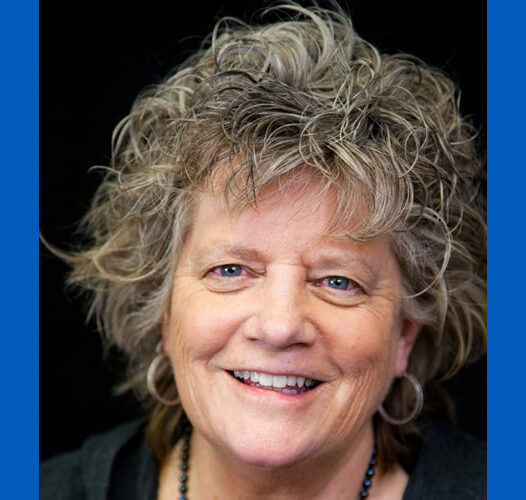Nancy Roget
The literature on the use of tele-mental health is more than 50 years old, yet its integration into clinical social work practice has lagged. In this episode, Nancy Roget illustrates how technology can be incorporated into clinical social work by using applications being developed to address the treatment and recovery needs of substance addicted individuals. Additionally, Ms. Roget explores the of use of technology in clinical supervision.
Nancy A. Roget, MS, is the executive director of the Center for the Application of Substance Abuse Technologies (CASAT) at the University of Nevada, Reno, a grant-funded organization providing training and technical assistance in substance abuse prevention, treatment, and recovery with an annual budget over 4 million dollars. She is the project director for several federal (CDC, and SAMHSA) and state grants. Recently, she was awarded the National Frontier and Rural ATTC grant with a focus on telehealth technologies. During her tenure she has created innovative initiatives, including an online minor in addiction counseling and prevention services. Previously, she directed community-based substance abuse treatment programs for adolescents and their family members for 14 years. She has written training manuals and peer-reviewed journal articles. Ms. Roget has devoted her entire professional career (36 years) to the substance abuse treatment profession working as a counselor, treatment coordinator, executive director, trainer, lecturer, project manager, and principal investigator.
Interviewer: Charles Syms, LCSW






